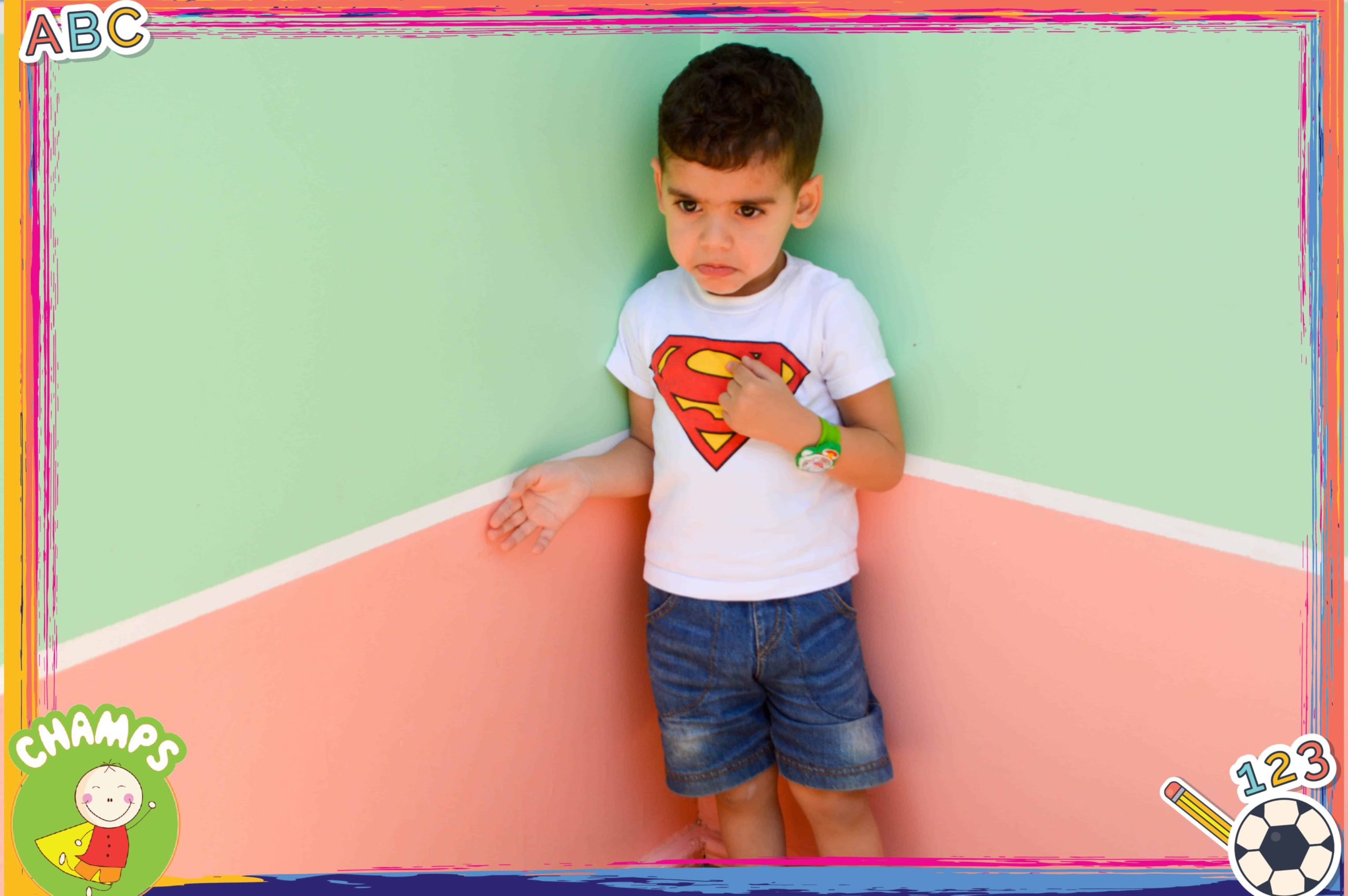Most of us experienced physical punishment growing up. A beating here for misbehaving, a spanking there for getting bad grades. Some parents were gentler than others, and many resorted to shouting, cursing and dignity-stripping punishments. In the end, they all said the same thing,
“When you have kids of your own, you will understand.”
And you do, to some extent. Physical punishment can be effective (on the short term) in getting rowdy children to behave, in getting them to listen to you when all logical arguments have failed, particularly when you’re at your wits’ end while they insist on breaking the rules. Children can be quite stubborn and unyielding at all the wrong moments.
But the simple truth is: No matter the offence, a beating is not the answer.
According to the UNICEF, unfortunately, we do not have enough data to accurately estimate the extent of child abuse in Egypt.
However, the 2014 DHS questionnaire estimated that: • 93% of Egyptian children have experienced violent discipline. • Over 91% experienced psychological aggression in the form of shouting, yelling and screaming.
“It’s for their own good.”
No, it’s not. And here are some scientifically-proven facts:
- Babies respond to violence from the very early days of life.
- Violence breeds violence. A child raised with spanking and beatings will settle disagreements with aggression and later grow to accept physical punishment as a form of discipline.
- . When children are conditioned to hitting and shouting, other milder forms of discipline become ineffective. They learn that to respect someone is to fear them.
- A child’s self-confidence and self-esteem are damaged. They may develop sleeping problems and eating disorders. They have difficulty focusing and making decisions.
- . And here’s the big one. Children who are often beaten are more likely to become victims of sexual abuse.
“This is how we were raised and we turned out alright.”
A survey conducted in 2011 revealed that 96% of Egyptian parents reported their children had received physical punishment at school, especially in public schools. While 42% of caregivers believed physical punishment acceptable, and even necessary.
Teachers blame the huge numbers and lack of resources in addition to being underpaid and sometimes under-qualified.
School administrations rarely respond proactively to complaints.
Incidents were reported where children were hospitalized or even killed due to teachers’ beatings.
It’s a vicious cycle that goes from generation to generation until we no longer recognize that something is wrong.
On the other hand, research after research condemns physical discipline as a source of mental and physical harm that must simply be eliminated.
It doesn’t work, causes more damage than good and has devastating effects on the long-term.
So how can you acquire a mindset where hitting your child is not even an option? What other options are there? How does a good parent punish bad or dangerous behavior? How do you make sure they never let doubt your love for them, even at your worst? And if alternatives exist, why don’t more parents use them?
Follow us next week for answers to all these questions.

